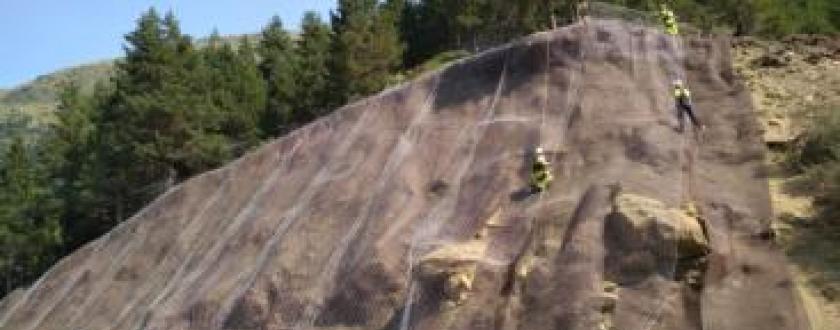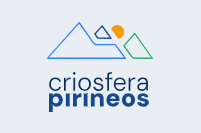SECURUS. Safety from natural risks on the Bielsa-Aragnouet and Espacio Portalet road links
Description of the case study
Mountain road infrastructure is highly vulnerable to natural risks induced by climate change. The objective of the SECURUS project is to guarantee road safety against natural risks on the Bielsa–Aragnouet (Lannemazan–Aínsa) and Espacio Portalet (Laruns–Biescas) road links.
Following a first phase (SECURUS 1), the SECURUS 2 project continues to make progress in protecting the Bielsa-Aragnouet (Lannemazan-Aínsa) and Espacio Portalet (Laruns-Biescas) roadways so as to guarantee road user safety against natural risks. These road links require that stakeholders monitor and react to recurring natural risks by taking actions which go beyond geographical and administrative borders and involve greater coordination of human resources and bi-national materials.
SECURUS 2 will pursue the following actions with the main objective of protecting road users:
- Protect against and prevent avalanche risk, landslide and erosion risk and thunderstorm risk.
- Improve primary healthcare intervention for accidents and disasters and the integration of winter road service teams.
- Develop and update Intervention and Safety Plans, designed around primary intervention teams.
The main solutions adopted are as follows:
- Improving equipment for making local meteorological predictions; analysis and processing of these data by Météo-France.
- Installation of equipment for collecting data on snow state (NIVEXC).
- Study into avalanche risk in specific areas identified along the A-138 road; protection and adaptation of avalanche-prone slopes.
- Protection against landslide and erosion risk in mountain passes and along roads, within a specifically identified area.
- Laser and thermography analysis of fractures in tunnels and implementation of measures to protect tunnel electrics from storms.
- Improvement of primary healthcare intervention protocols and teams for accidents and disasters and the integration of winter road service teams.
- Update of the Safety Dossier and Intervention and Safety Plan for the tunnel.
- Installation of new internal and external information channels about the state of the roads.
- Communication strategy: website development, creation of school visit material, field information panels, attendance at international events, development of three technical conferences.
Case mainly developed and implemented via objectives from other non-adaptation policies, though with significant consideration for climate change adaptation aspects.
Consortium for the management, conservation and use of the Bielsa-Aragnouet tunnel and access points, Espacio Portalet European Grouping of Territorial Cooperation, Département des Hautes-Pyrénées, Commune d'Aragnouet, Commune de Saint-Lary Soulan and Météo-France.
Additional Information
The SECURUS project is promoted and coordinated by the consortium for the management, conservation and use of the Bielsa-Aragnouet tunnel and its access points. The following organisations are project partners: Espacio Portalet European Grouping of Territorial Cooperation, Département des Hautes-Pyrénées, Commune d'Aragnouet, Commune de Saint-Lary Soulan and Météo-France.
Success: coherent and strong project owing to being promoted by two cross-border cooperation structures with their own resources and experience in POCTEFA projects; shared and real problem relative to natural risks and transport infrastructure.
Limiting: need for synergies for seeking innovation solutions which are transferable to other areas of the Pyrenees and other European mountain ranges.
The total budget for the approved project is €4,220,626.28, of which 65% has been cofinanced by the European Regional Development Fund (ERDF) through the Interreg V-A Spain-France-Andorra programme (POCTEFA 2014-2020).
The project is part of the Interreg V-A Spain-France-Andorra programme (POCTEFA 2014-2020).
2018-2020 (3 years - in progress)
Reference information
PYRENEAN CLIMATE CHANGE OBSERVATORY
Avenida Nuestra Señora de la Victoria, 8
22.700 - Jaca
Huesca - España
+34 974 36 31 00
info_opcc@ctp.org






